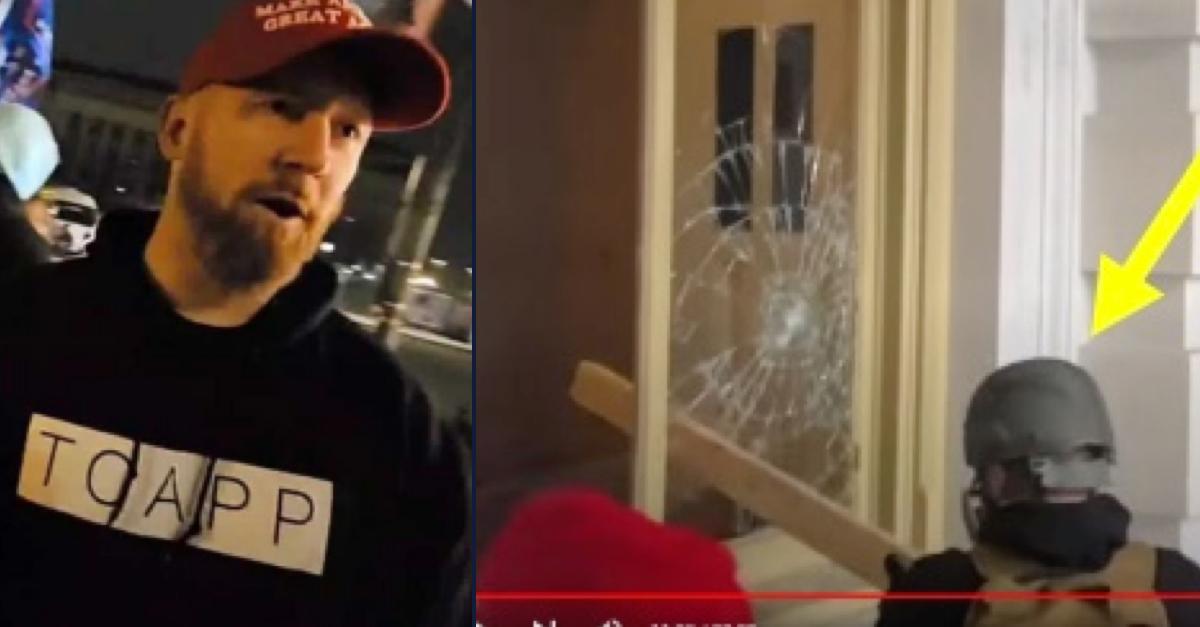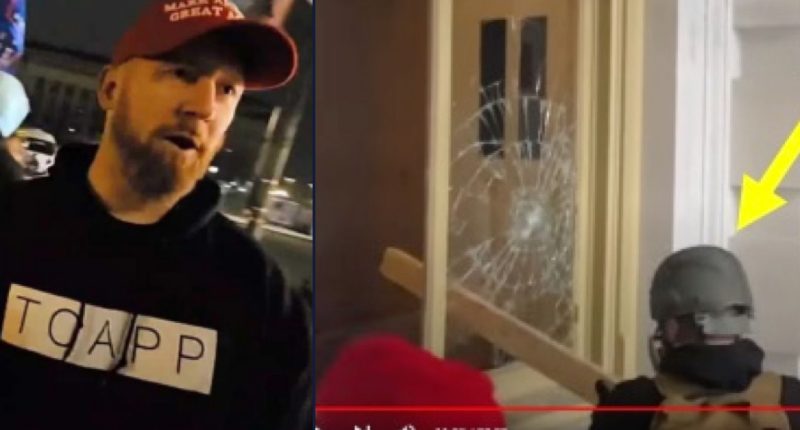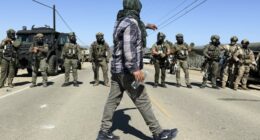
Edward Kelley (images via FBI court filing).
A federal judge in Tennessee has sided with the U.S. Justice Department in refusing to drop the conviction of a Jan. 6 rioter found guilty of plotting to kill the FBI agents who investigated him — saying he took “independent, volitional action” that President Donald Trump’s blanket pardon for the 2021 Capitol attack does not cover.
Edward Kelley, 35, of Maryville, tried claiming that his federal murder plot case and conviction in the Volunteer State last year was “related to events that occurred at or near the United States Capitol on Jan. 6, 2021,” according to court documents. He filed a motion to dismiss his indictment and to vacate his jury convictions on Jan. 27, one week after Trump issued his executive order. The DOJ urged U.S. District Judge Thomas Varlan last month to maintain Kelley’s conviction, condemning his claims as “wrong” and Kelley, himself, for having “no authority supporting his position.”
On Monday, Varlan — a George W. Bush appointee — agreed and ruled in favor of rejecting Kelley’s court bid to get his murder plot conviction covered by Trump’s pardon, saying “none of the substantive offenses or charging provisions overlap” in the way Kelley has claimed in filings.








